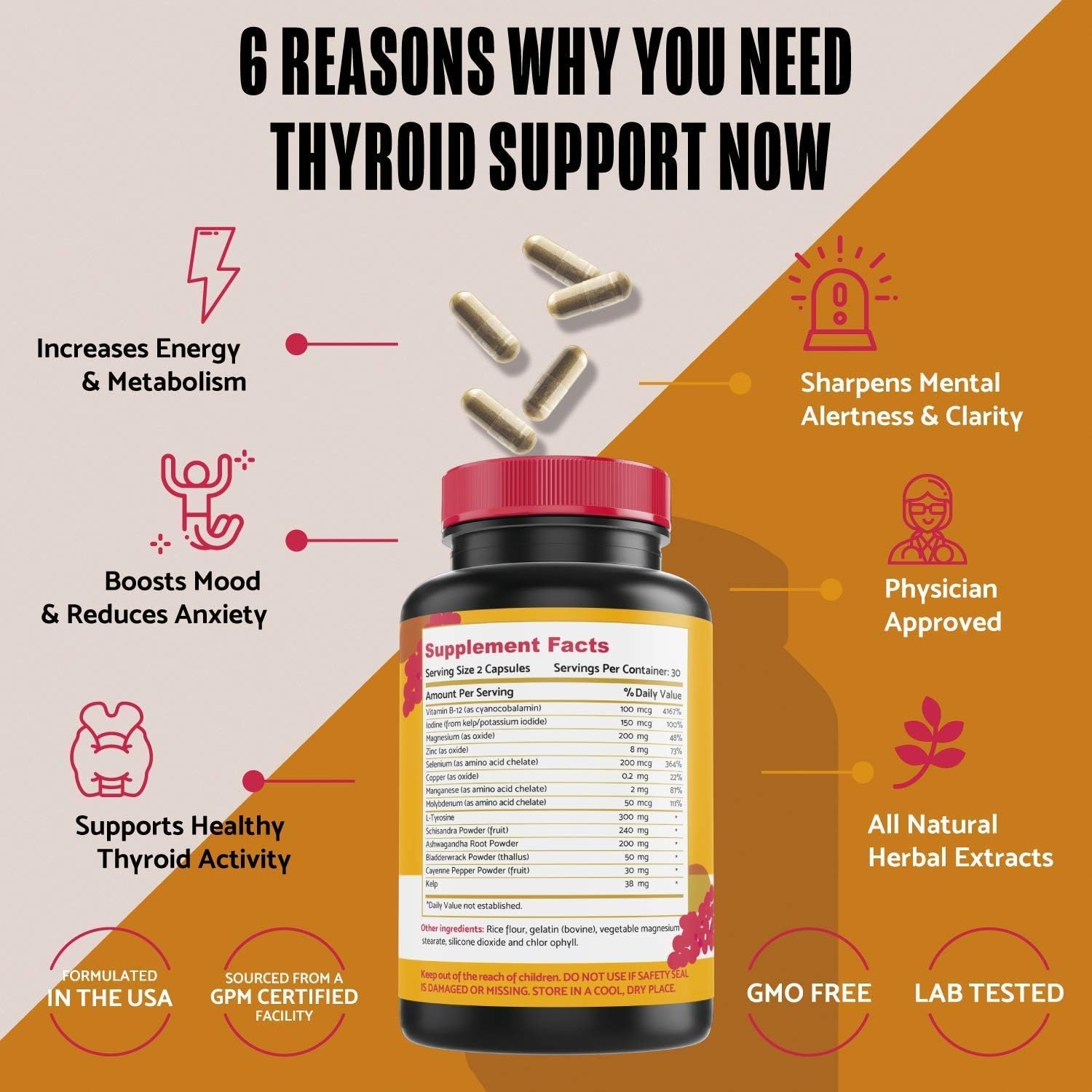

So can people 12 and older “who have undergone solid organ transplantation, or who are living with conditions that are considered to have an equivalent level of immunocompromise,” the FDA says.


Adults 18 and older who were vaccinated with Johnson & Johnson’s single-shot COVID-19 vaccine at least two months ago.Īdults 50 and older can receive a second booster of Pfizer-BioNTech’s product at least four months after receipt of a first booster dose of any authorized or approved COVID-19 vaccine.Adults 18 and older who were vaccinated with two doses of Moderna’s COVID-19 vaccine at least five months ago.People 12 and older who were vaccinated with two doses of Pfizer’s COVID-19 vaccine at least five months ago.24, as it was the first of the three COVID-19 vaccine boosters to pass regulatory hurdles from the Food and Drug Administration (FDA) and Centers for Disease Control and Prevention (CDC). Pfizer’s mRNA booster has been available to millions of Americans since Sept. And in the 65-plus age group, hospitalizations were nine times higher in unvaccinated individuals, compared to those who had been vaccinated and boosted. Here’s what you need to know about getting a booster from Pfizer-BioNTech, Moderna or Johnson & Johnson (J&J) before rolling up your sleeve. Unvaccinated individuals were 21 times more likely to die than their boosted peers during the height of the omicron surge, federal data show. Booster shots for all three COVID-19 vaccines have received the green light from federal health officials, and millions of Americans are eligible for the extra dose - some are now eligible for two.Įxperts say boosters can strengthen the body’s immune response against the highly contagious omicron variant and its fast-spreading subvariant, BA.2, and prevent some of the worst outcomes of a coronavirus infection.


 0 kommentar(er)
0 kommentar(er)
